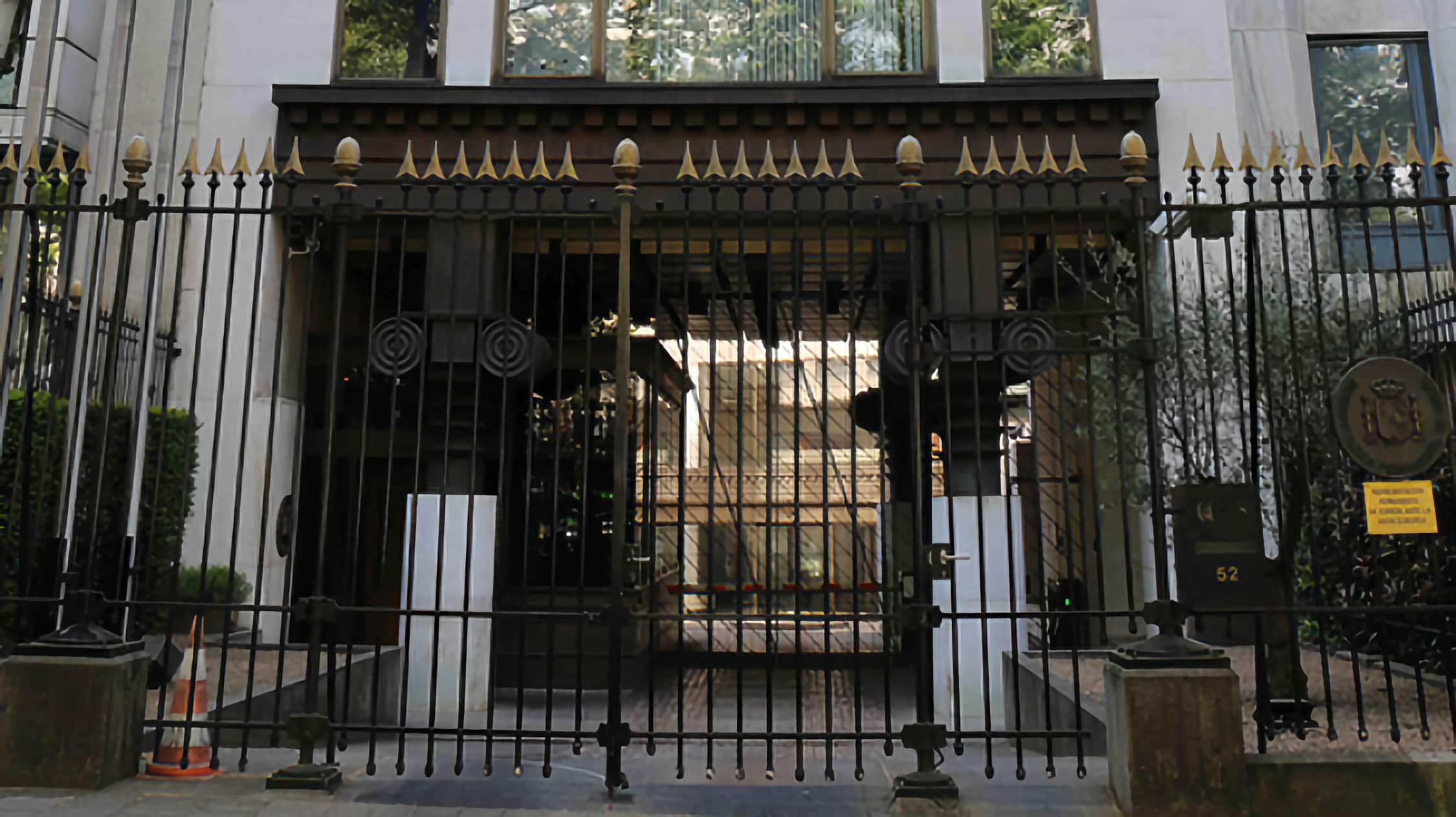The Diplomat
The government is working to achieve “greater collaboration and integration” of the offices abroad that the autonomous communities have in the network of embassies and consulates that Spain has around the world, although it points out that their existence in no way affects the work carried out by diplomatic missions, reports Europa Press.
6This was stated in several parliamentary responses to a series of questions posed by Vox, which refers to the report published in 2013 by the Ministry of Finance and Public Administrations and prepared by the Commission for the Reform of Public Administrations (CORA).
This report proposed “integrating the foreign offices of the autonomous communities” into the diplomatic missions, according to Santiago Abascal’s party in its explanatory memorandum, which also refers to the “principle of unity of foreign action” provided for by law in this area.
When the report was published, Vox adds, the regions with foreign representation, with the exception of Catalonia and the Basque Country, signed protocols and collaboration agreements with Foreign Affairs and the Ministry of Economy for the integration of 57 offices, with the effective integration of 38 of them.
In this sense, he asks the Government whether it “has encouraged the autonomous communities with offices abroad to close them in order to reduce costs, facilitate access to a single location for users (mainly companies, investors and individuals) and to promote joint efforts around diplomatic missions”.
“This government is working for greater collaboration and integration in the network of Spanish embassies and consulates in defence of shared interests,” he says in his reply, to which Europa Press has had access.
It also works “with the will to collaborate and integrate all the autonomous communities in the State’s external action”, although it recalls the “right of autonomy” of the regions to “organise themselves with broad powers” in accordance with constitutional jurisprudence.
In another of its replies, the Executive argues that “the existence of sectoral delegations should not affect the functions that are normally carried out by the network of embassies, consulates and representations abroad, which depend on the Ministry of Foreign Affairs, the European Union and Cooperation”.
With regard to the number of offices abroad of the autonomous communities that have been integrated into diplomatic missions, Foreign Affairs clarifies in another reply that eight of them have been integrated into the permanent representation to the EU, “although two of them raised the possibility of reopening independent offices again in 2019/2020”, although it does not detail which ones.
It also specifies that the Extremadura delegation in Lisbon has been integrated into the Spanish embassy in Portugal and the Canary Islands Foundation for External Action (FUCAEX) has done the same in the case of the Spanish embassy in Mauritania.
The Vox deputies also asked the Government about the “efforts” it has made to sign collaboration agreements with Catalonia and the Basque Country to integrate their offices abroad.
The Government recalls that the signing of such protocols or agreements “is of a dispositive and voluntary nature”, given that the autonomous communities have “broad powers of self-organisation”.
For this reason, the Ministry of Foreign Affairs “can only offer its collaboration and support, including the availability of material and personal resources for the success of the actions that correspond to each Administration in defence of its own interests”.
In any case, he concludes, “this government always works with the will to collaborate and integrate all the autonomous communities in the State’s external action”.







